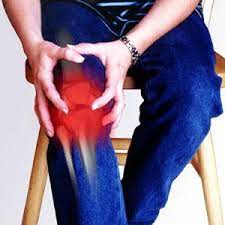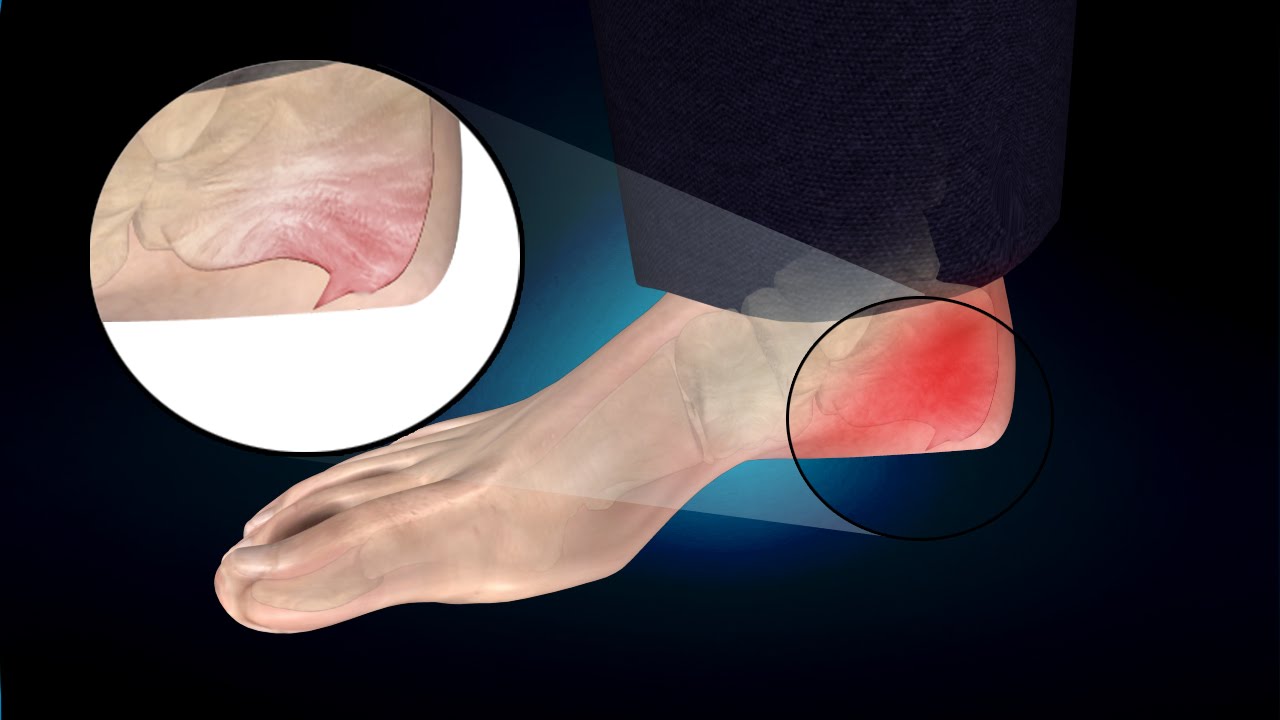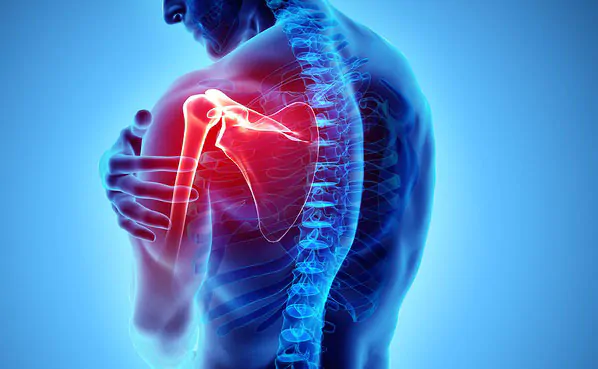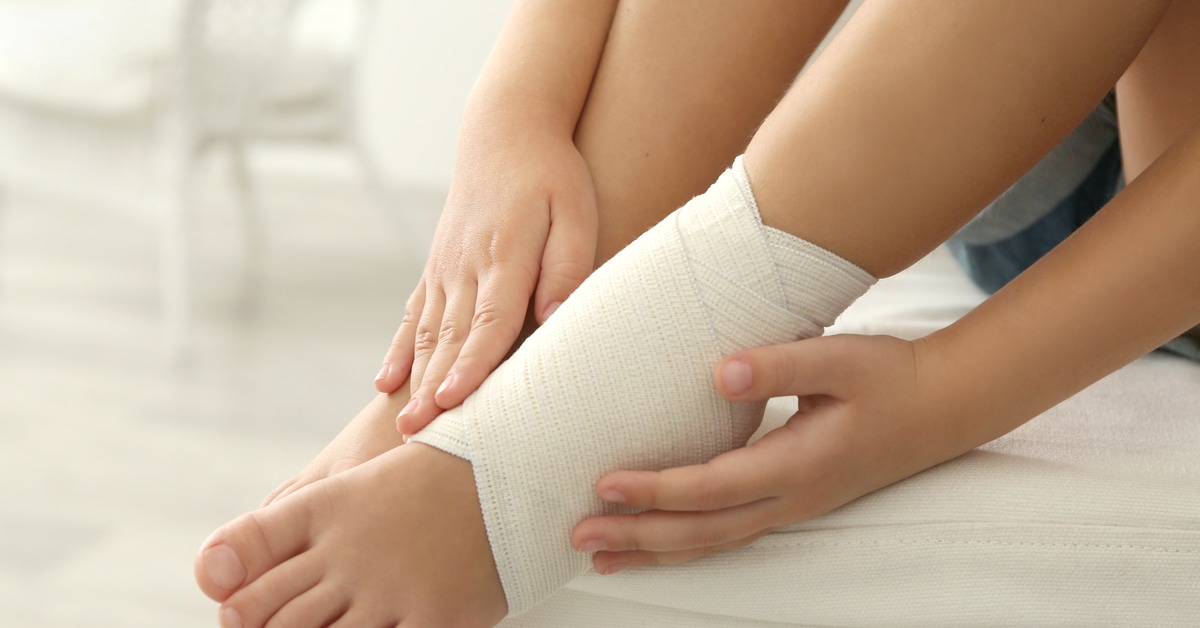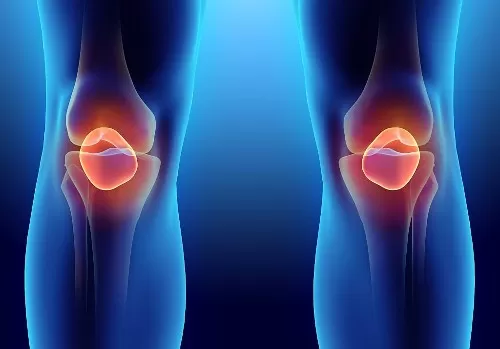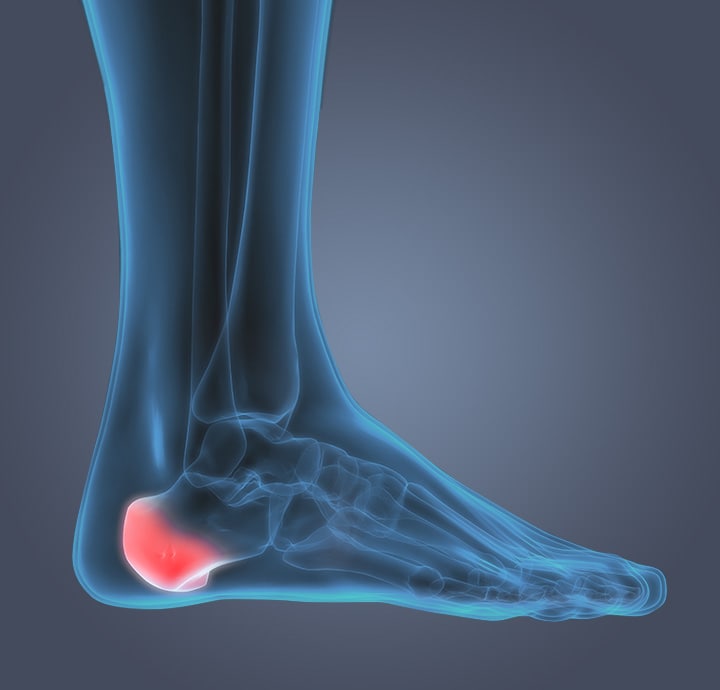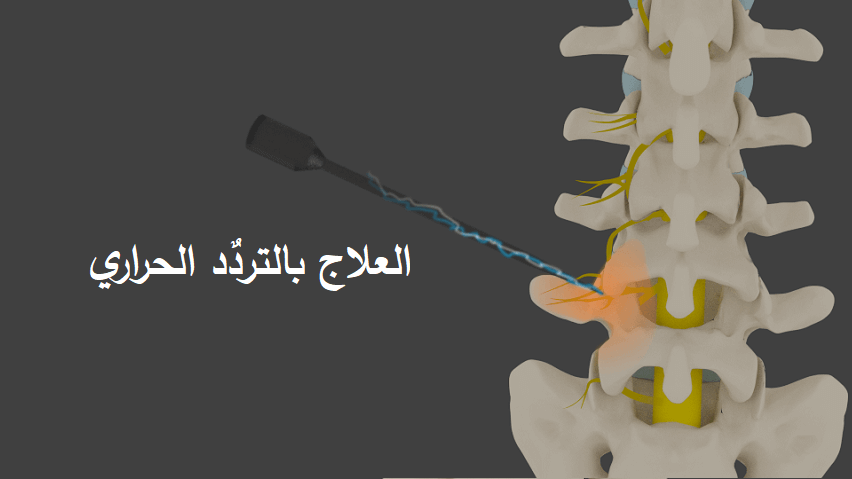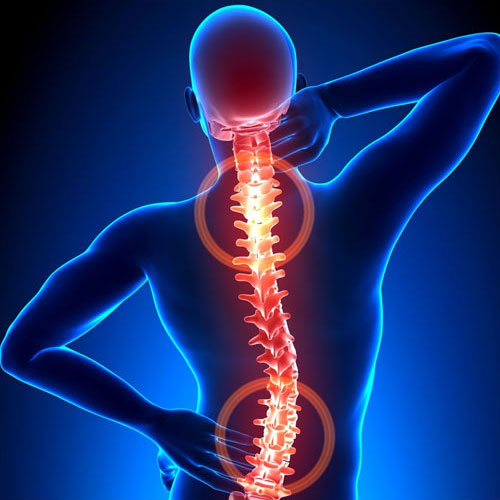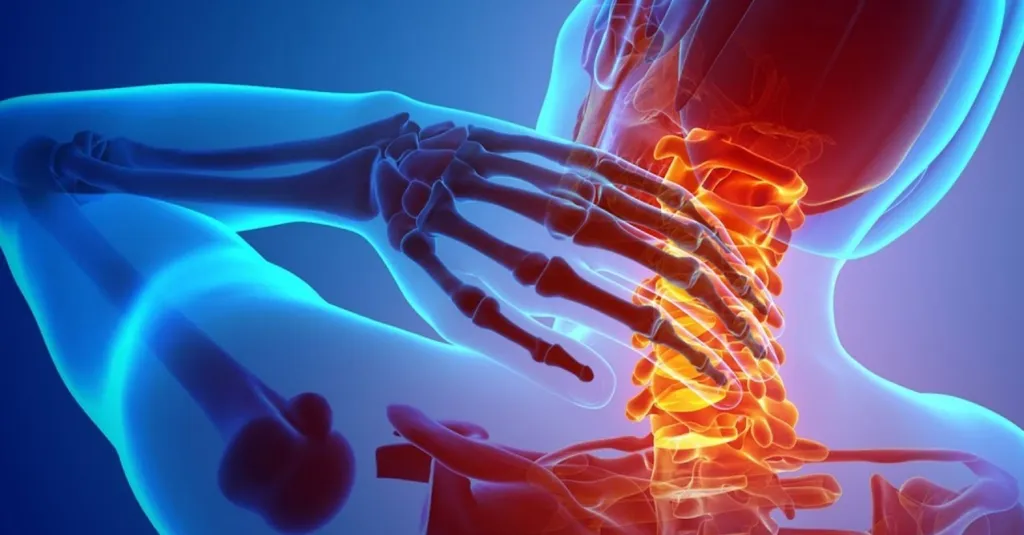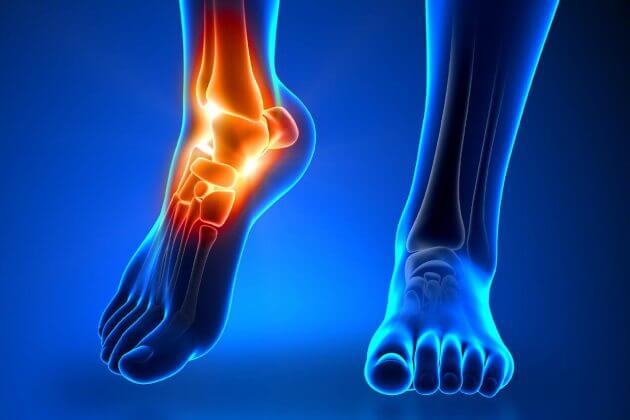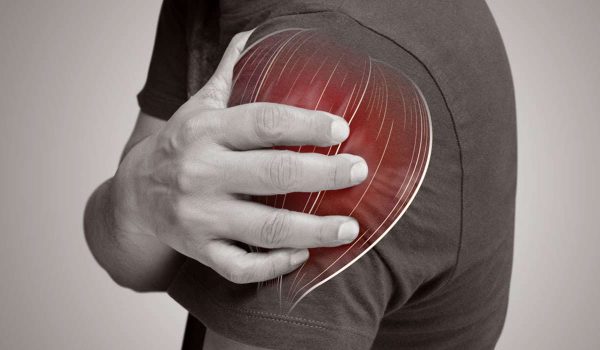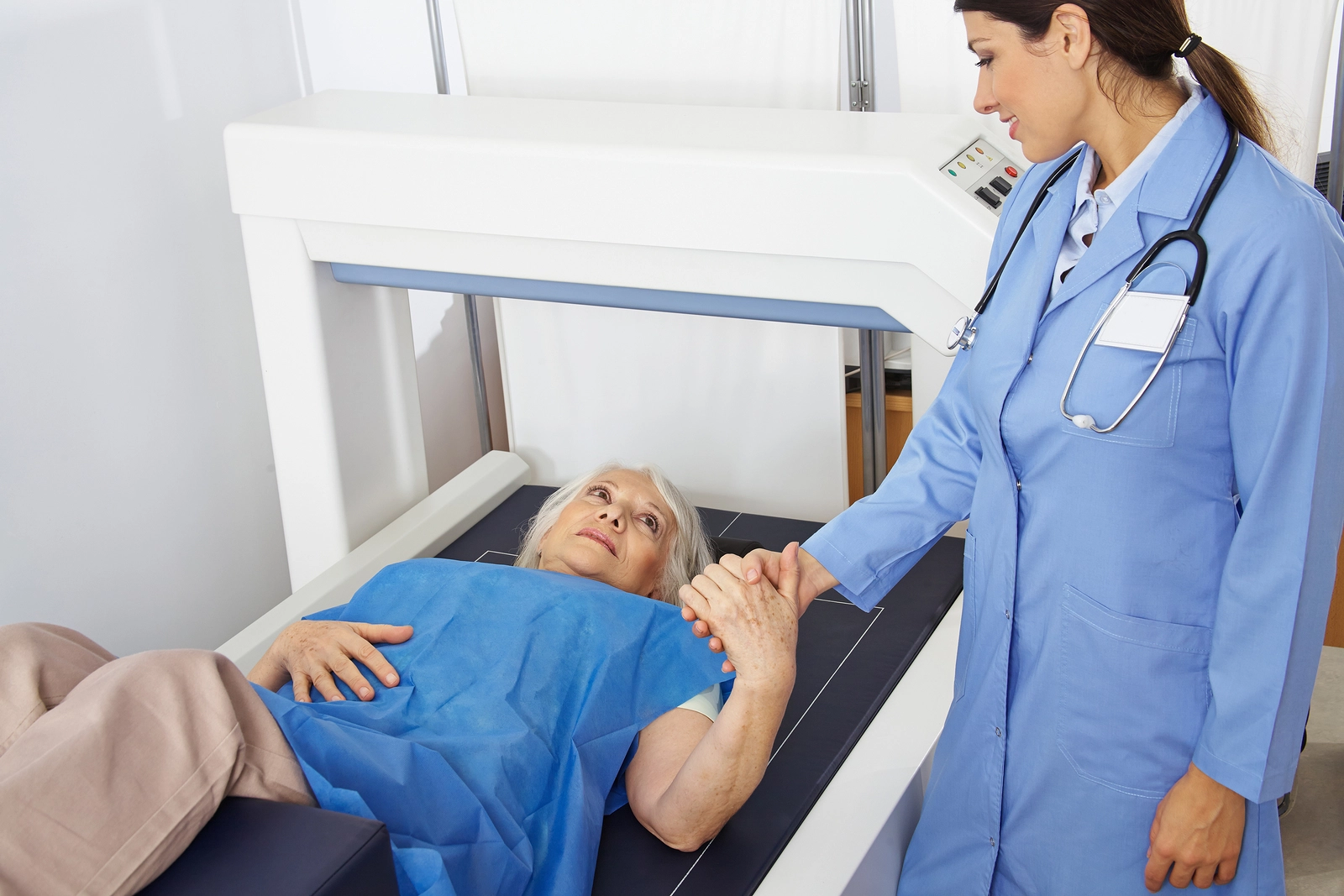What is the herbal treatment for cervical disc problems, and learn more about cervical disc laser surgery! Herbal treatment for cervical disc problems

Herbal treatment for cervical disc problems: 5 natural and effective options
Cervical disc problems are common among many people, causing severe pain and reducing neck movement. Although there are numerous conventional treatments for this issue, using natural herbs can be an effective and healthy alternative. Here, we present to you five natural options for treating cervical disc problems using herbs:
Ginger: Ginger is one of the most popular herbs used to treat inflammation. It is known for its ability to relieve pain and soothe nerves. Thanks to its anti-inflammatory properties, ground ginger can be used to prepare a drink consumed orally or applied topically to the affected area. Turmeric: Turmeric contains an active substance called “curcumin,” known for its pain-relieving and anti-inflammatory properties. Turmeric can be used by adding it to meals or preparing a hot drink containing a spoonful of ground turmeric and honey. Lavender: Lavender is a calming herb that helps relieve pain and relax muscles. Diluted lavender oil can be applied gently to the affected neck area. Additionally, small bags filled with lavender can be placed on the affected areas to alleviate pain. Cinnamon: Cinnamon is known for its analgesic and anti-inflammatory properties. It can be used by adding a teaspoon of ground cinnamon to a cup of hot water and drinking it daily. Alternatively, a paste made from cinnamon and water can be applied topically to the affected neck area. Bay Leaves: Bay leaves contain a compound that helps alleviate pain and inflammation and enhances blood circulation. Bay leaves can be boiled in a cup of water for 10 minutes, then strained, and the resulting water drunk. Additionally, the essential oil can be used to massage the affected neck area.
Don’t forget to consult a doctor: Regardless of how effective natural herbs can be in treating cervical disc problems, it is always advisable to consult a doctor before using any of them. There may be health conditions or medication interactions that require medical expert consultation to avoid any unwanted complications.
In conclusion, herbal treatment for cervical disc problems can be an effective alternative to traditional treatments. Make sure to choose the right herbs and consult a doctor before use to ensure maximum benefit and safety.
Is it possible to recover from neck cartilage issues without surgery?
Recovering from neck cartilage issues without surgery is possible in many cases, but it must be done under the supervision of a doctor and according to their appropriate medical guidance. Many people suffer from neck cartilage problems, which can cause severe pain and may affect their daily lives. In many cases, individuals resort to neck surgery to get rid of these issues, but are there other ways to heal without needing surgery?
Indeed, there are some methods that can help in the recovery from neck cartilage problems without the need for surgery. Among these methods are:
Physical Therapy Exercises: Therapeutic exercises can be effective in strengthening the neck and back muscles and improving flexibility. With increased muscle strength and flexibility, the pressure on the neck cartilage can be reduced, helping to alleviate pain. Physical Therapy: The doctor may recommend physical therapy sessions to treat neck cartilage problems. Physical therapy may include massaging tense muscles, stretching the spine, and muscle elongation exercises. Physical therapy can also include techniques such as heating and cooling to relieve pain and swelling. Self-Care Measures: Self-care measures can help relieve pain and promote healing from neck cartilage issues. These measures include: applying ice or heat to the painful area, avoiding lifting heavy objects, improving sitting and sleeping posture, and following a healthy and balanced diet.
However, it is important to note that non-surgical treatment is not suitable for all cases. Some people may need to undergo surgery if the problem is severe or if other non-surgical treatments have failed to improve symptoms. Therefore, it is essential to consult a specialist to get the correct diagnosis and determine the appropriate treatment for each individual case.
How should a person with neck cartilage problems sleep?
A person with neck cartilage issues suffers from severe pain and tension in this sensitive area of the body. Therefore, good and comfortable sleep is an essential element in the recovery process and pain relief. Here are some tips that can help the patient get good sleep despite having neck cartilage problems.
Firstly, the patient should provide a comfortable and suitable bed for their health conditions. The bed should be soft enough to support the affected area without causing tension or increasing pain. It is also preferable to use pillows stuffed with soft fibers that provide the necessary support for the neck and head.
Secondly, it is recommended to follow some important points to improve the quality and quantity of sleep. The patient should avoid consuming stimulant drinks before sleep, such as coffee or black tea, to prevent sleep disturbances. It is also important to avoid heavy meals before sleep and to rely on a light and healthy meal for a comfortable sleep.
Thirdly, gentle exercises and light massage can be beneficial for the patient. Gentle physical exercises and light massage help relieve tension and spasms in the muscles surrounding the neck area, contributing to improved sleep quality. It is advisable to consult a doctor or physiotherapist to choose the appropriate exercises and apply them correctly.
Finally, the patient is recommended to provide a suitable sleeping environment. The room should be dark, quiet, and isolated from external noise. It is preferable to regulate the room temperature to be comfortable for the patient. Using sleep masks or humidifiers in the room may also be helpful to calm the nerves and improve sleep quality.
Does cupping therapy treat cervical cartilage?
Cupping is one of the traditional techniques used in alternative medicine for treatment purposes. It involves the use of special medical cups applied to the skin to remove toxins, stimulate blood flow, and enhance energy in the body. Although cupping is an ancient method, it continues to be used due to its potential benefits for certain health conditions.
Some research and studies suggest that cupping therapy can be effective in treating issues related to cervical cartilage, which is one of the most common problems of the spinal column. This effect is attributed to the ability of cupping to stimulate blood and lymph flow in the affected area, reduce tissue inflammation, and alleviate pain.
However, research on this topic is still limited and contradictory. There is no consensus among physicians and experts on the effectiveness of cupping in treating cervical cartilage issues. Cupping should be considered an additional treatment option, and a specialist doctor should be consulted before undergoing the procedure.
In general, treatment for cervical cartilage issues should be tailored individually according to the diagnosis of the condition and the recommendations of specialized doctors. It may also be beneficial to consult cupping and alternative medicine specialists for advice, guidance, and appropriate professional consultation.
Therefore, while cupping may be a potential option for treating some cases of cervical cartilage, it should be carried out with caution and under the supervision of experts. Qualified doctors and experts can provide professional advice and offer accurate information about the benefits and risks of cupping in this context.
How long does it take to treat cervical cartilage?
Cervical cartilage issues are a common problem that affects many people. One of the common questions asked by those suffering from cervical cartilage is the duration of treatment required to alleviate symptoms and return to a normal health condition.
The time needed for cervical cartilage treatment depends on several factors, including the severity of symptoms and the extent of the problem’s progression. Conservative treatment is usually the first step taken by doctors to address cervical cartilage issues. Conservative treatment typically includes the use of pain relief medications, as well as providing special care for the neck.
Treating cervical cartilage may require more time and effort in more advanced cases. In some instances, treatment may take several weeks before noticeable improvement in symptoms is achieved. However, in other cases, treatment may take several months or longer.
Seeing a physical therapist or an orthopedic doctor is an important step in assessing and treating cervical cartilage. The specialist may recommend neck treatment and muscle strengthening exercises to improve neck flexibility and strength. The specialist can also provide heat therapy or manual therapy techniques to relieve pain and enhance neck movement.
In more severe cases, doctors may recommend surgery to treat cervical cartilage. The type of surgery depends on the patient’s condition and medical needs, which may include removing damaged or degenerated discs or stabilizing the spine using screws or stitches.
In general, the duration of treatment required for cervical cartilage can vary significantly among individuals and their conditions. It is important to consult a specialized doctor to accurately assess the condition and provide the necessary treatment. Ultimately, the goal of treatment is to alleviate symptoms and improve the quality of life of the patient affected by cervical cartilage.
How do I know if I have a herniated disc in the neck?
There are several signs that indicate the presence of a herniated disc in the neck. One of the most common symptoms is neck pain. If you are experiencing persistent neck pain, especially when moving it or in a specific position, you might have a herniated disc. You may also suffer from radiating pain to the arms, shoulders, back, or lower jaw.
You may also feel a limitation in neck movement, making it difficult to move it normally or perform daily movements such as tilting or bending forward or backward. You may feel restrictions or stiffness in neck movement due to the friction of the herniated disc, which hinders normal movement.
Some people may experience numbness or tingling in the arms or fingers as a result of the herniated disc pressing on nerves. If you feel any strange sensations such as tingling or numbness in the limbs, you should consult a doctor to evaluate the condition and the possibility of a herniated disc.
In more serious cases, you may face difficulty in controlling urination or defecation normally, known as motor or sensory disorders. If you experience these symptoms, you should go to the hospital immediately to assess the situation and take the necessary measures.
To confirm the diagnosis of a herniated disc in the neck, you should consult a specialist doctor. The doctor may request an X-ray or MRI of the neck, and based on the results, the optimal treatment for the condition will be determined.
Does a neck disc affect the brain?
The neck disc is one of the important structures in the human body that works to protect the spinal cord and the nerves connected to the brain. One of the common problems of the neck disc is cervical disc herniation, resulting from damage or tearing in the neck disc.
When cervical disc herniation occurs, it can affect the nerves and thus may have a negative impact on the brain. One of the common negative effects that cervical disc herniation can cause on the brain is increased pressure on the nerves connected to the brain in the neck area.
When there is increased pressure on these nerves, it can cause symptoms such as pain and muscle tension in the neck, shoulders, back, and even headaches and dizziness. Some important brain functions such as concentration, memory, and motor control may also be affected.
It is essential to deal with cervical disc herniation properly and in a timely manner. In some serious cases, doctors may recommend surgery to correct the problem and reduce the pressure of the disc on the nerves. In less severe cases, conservative medical treatment may be prescribed, such as massage, physical therapy, and strengthening of the surrounding muscles.
In general, taking care of the health of the neck disc and addressing any problems that may arise from it is necessary to maintain brain health and preserve its normal functions. It is also advisable to follow a healthy lifestyle, exercise regularly, and avoid unhealthy behaviors such as sitting incorrectly or lifting heavy weights improperly.
Does Cervical Disc Herniation Cause Shoulder Pain?
Neck and shoulder pain are common health issues experienced by many people of all ages. These issues are mostly attributed to various causes, including carrying heavy loads, sitting for extended periods, sports injuries, muscle tension, and spinal column diseases, including cervical disc herniation.
- The Relationship Between Cervical Disc and Shoulders:
When the cervical disc is affected in any way, it can lead to symptoms appearing in various parts of the body, including the shoulders. The tendons of the muscles surrounding the neck and shoulders may become inflamed or torn, causing sharp and persistent pain in the area.
- Common Symptoms:
You may experience the following symptoms if you have a damaged and painful cervical disc:
- Sharp or moderate pain in the neck and shoulders.
- Difficulty in moving the neck and shoulders.
- Numbness or tingling in the upper limbs.
- Difficulty concentrating and sleeping due to pain.
- Prevention and Treatment:
To alleviate shoulder pain resulting from a cervical disc, you can follow these preventive and therapeutic measures:
- Practice physical rehabilitation exercises that help strengthen and extend the neck and shoulder muscles.
- Apply ice or heat to the painful area to reduce inflammation and pain.
- Avoid carrying heavy weights or sitting for extended periods without movement.
- Visit a specialist doctor to evaluate your condition and determine the appropriate treatment, including taking pain relievers and consulting physical therapy.
Cervical disc is a potential cause of shoulder pain. If you are experiencing these symptoms, it is important to consult a doctor to evaluate your condition and determine the appropriate treatment. Additional examinations such as X-rays or MRI may be required for a better diagnosis of the condition. Enjoy good health and maintain an active lifestyle to prevent neck and shoulder problems.
Does cervical disc herniation affect the hand?
Many people suffer from the problem of cervical disc herniation, a common condition that causes pain, tingling in the neck, shoulders, arms, and hands. One of the most significant effects of cervical disc herniation is its impact on the hand.
When cervical disc herniation occurs, it results in excess pressure on the nerves passing through the spinal column and its branches that extend to the hand. This excess pressure affects nerve function, causing tingling, numbness, and weakness in the hand.
Generally, several symptoms may indicate the impact of cervical disc herniation on the hand. Hand function may become more difficult due to muscle weakness associated with nerve compression. You may also experience tingling or numbness in the fingers or hand in general, which may be accompanied by pain in the upper back, neck, and shoulders.
The treatment for this problem depends on the degree of herniation and the patient’s condition. The patient may be referred to physical therapy to strengthen the neck and back muscles and alleviate symptoms. In more severe cases, surgical intervention may be suggested to relieve pressure on the nerves.
To avoid the impact of cervical disc herniation on the hand, it is necessary to take some preventive measures. Avoid activities that lead to repetitive excessive movements of the neck and hand. Improving sitting and sleeping posture to avoid stress on the spinal column is also recommended, as well as practicing sports and relaxation exercises to maintain the health of the neck and hand.
In conclusion, cervical disc herniation significantly affects the hand. Therefore, it is crucial to detect this problem in its early stages and start appropriate treatment to prevent the worsening of symptoms and improve quality of life.
What are the symptoms of cervical spine compression?
Cervical spine compression is a condition that occurs when the spinal column in the neck is disturbed or strained, which can have negative effects on a person’s health. The symptoms of cervical spine compression vary from case to case, but there are some common symptoms that may appear.
One of the most prominent symptoms is pain in the neck area, which can be sharp and persistent or mild and intermittent. The pain may also radiate to the arms or shoulders, causing difficulty in movement and hand control.
In addition to pain, other symptoms such as numbness and tingling in the arms and fingers may appear, indicating nerve compression in the neck. The patient may also experience muscle weakness, general fatigue, and an impact on their ability to perform daily activities normally.
Symptoms of cervical spine compression may also include difficulty in vision, dizziness, and headaches. These symptoms may be accompanied by a feeling of congestion and neural tension, affecting the person’s daily life and ability to concentrate and interact with others.
To alleviate symptoms and prevent their worsening, several measures are recommended. These include avoiding neural tension, maintaining good posture while sitting and standing, practicing exercises to strengthen neck and back muscles, using comfortable pillows during sleep, and avoiding stressful positions for the neck.
If symptoms persist or increase in severity, it is advised to consult a specialist doctor to evaluate the condition, accurately diagnose the problem, and prescribe the appropriate treatment, whether it be physical therapy sessions or medication.
Neck Cartilage Laser Surgery
Dr. Amr Amal, a specialist in spinal surgery, offers an outstanding service to patients through the neck cartilage laser surgery. This procedure is non-surgical, utilizing laser to treat damaged cartilage in the neck area. Dr. Amr Amal aims to alleviate pain and restore normal movement in the neck through this procedure.
The neck cartilage laser surgery has several significant advantages. Instead of requiring an open surgery to remove the damaged cartilage, the laser is used for precise vaporization of the deformed tissues, reducing bleeding and shortening recovery time. This procedure is considered safe as it does not require skin cutting or stitching, thereby minimizing the risk of infection and contributing to better results and improved spinal performance.
The surgery typically takes only a few hours and is usually performed under local anesthesia. Dr. Amr Amal inserts fine laser fibers through a small hole in the skin, using the laser for precise vaporization of the damaged tissues without causing harm to the surrounding tissues. An endoscope is used to direct the laser to the appropriate positions and ensure the accuracy of the procedure.
After the surgery, the patient requires a short recovery period and can typically return to routine activities within just a few days. Dr. Amr Amal provides necessary care during the recovery period and guides patients through the process, emphasizing the importance of following his advice and recommendations to ensure optimal results.
By using laser technology in the neck cartilage surgery, Dr. Amr Amal offers a high-quality and proven effective service in restoring vitality and health to the damaged neck spine. This procedure is an excellent solution for individuals suffering from neck pain and associated symptoms, allowing them to efficiently and comfortably resume their daily activities.

